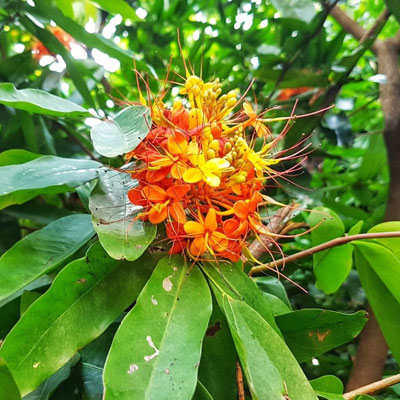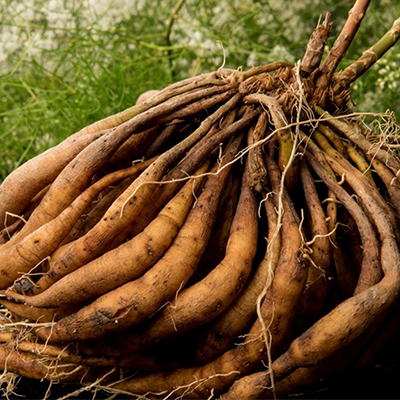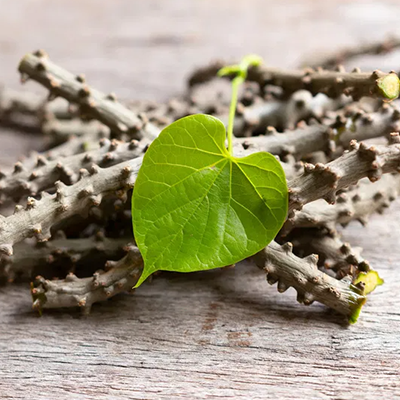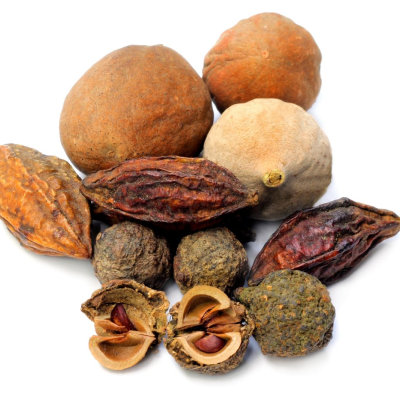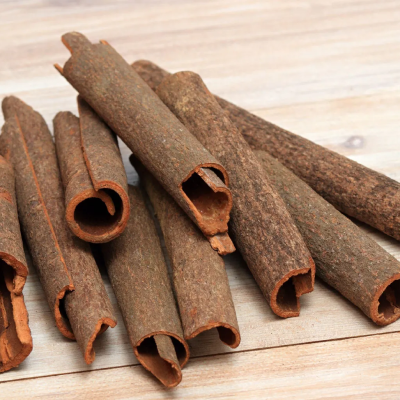polycystic ovarian disease
Polycystic Ovarian Disease (PCOD), also known as Polycystic Ovary Syndrome (PCOS), is a common endocrine disorder affecting women of reproductive age. It is characterized by hormonal imbalances, irregular menstrual cycles, and the presence of multiple small cysts in the ovaries. It can lead to infertility, metabolic disturbances, and long-term health risks such as diabetes and cardiovascular diseases.
Causes of PCOD
The exact cause of PCOD is unclear, but several factors contribute to its development:
Hormonal Imbalances
- Increased production of androgens (male hormones) leading to irregular ovulation.
- Imbalance in luteinizing hormone (LH) and follicle-stimulating hormone (FSH).
Insulin Resistance
- Reduced sensitivity to insulin increases androgen production, disrupting ovulation.
Genetic Predisposition
- A family history of PCOD or diabetes increases the risk.
Lifestyle Factors
- Poor diet, lack of physical activity, obesity, and stress can exacerbate symptoms.
Pathophysiology of PCOD
Androgen Excess
- The ovaries produce excessive androgens, disrupting the growth and release of eggs.
- This leads to the formation of immature follicles that turn into cysts.
Insulin Resistance
- Hyperinsulinaemia stimulates the ovaries to produce more androgens.
- Increased insulin also affects the hypothalamic-pituitary-ovarian (HPO) axis, worsening hormonal imbalances.
Hypothalamic-Pituitary-Ovarian Axis Dysfunction
- Increased LH secretion relative to FSH disrupts ovarian follicle maturation
Chronic Inflammation
- Low-grade inflammation contributes to insulin resistance and androgen production.
Signs and Symptoms
Menstrual Irregularities
- Oligomenorrhea (infrequent periods) or amenorrhea (absence of periods).
- Heavy or prolonged menstrual bleeding.
Hyperandrogenism
- Hirsutism (excessive hair growth on the face, chest, or back).
- Acne and oily skin.
- Male-pattern baldness or thinning hair.
Metabolic Issues
- Weight gain, particularly around the abdomen.
- Difficulty losing weight.
- Increased risk of type 2 diabetes and high cholesterol.
Fertility Problems
- Difficulty conceiving due to irregular ovulation or anovulation.
Other Symptoms
- Fatigue.
- Sleep disturbances or sleep apnoea.
- Mood changes, anxiety, or depression.
Diagnostic Tests
Clinical Evaluation
- Assessment of symptoms like irregular periods, hirsutism, and obesity.
- Pelvic examination to check for enlarged ovaries.
Hormonal Tests
- Increased androgens (testosterone, DHEA-S).
- Elevated LH: FSH ratio.
- Prolactin and thyroid-stimulating hormone (TSH) to rule out other conditions.
Ultrasound
- Trans-vaginal or pelvic ultrasound shows enlarged ovaries with multiple small cysts (≥12 follicles measuring 2-9 mm in diameter).
Glucose and Lipid Profile
- Fasting blood sugar and insulin levels to assess insulin resistance.
- Lipid profile to check for dyslipidaemia.
Other Tests
- Anti-Müllerian hormone (AMH) levels to evaluate ovarian reserve.
Ayurvedic Perspective on PCOD
In Ayurveda, PCOD can be correlated with Artava Kshaya (disorders of the menstrual cycle) and is primarily caused by an imbalance in the Tridoshas:
- Kapha dosha: Excessive Kapha leads to blockages in the reproductive channels, forming cysts.
- Vata dosha: Impaired Vata disrupts the movement of hormones and ovulation.
- Pitta dosha: Aggravated Pitta causes inflammation and hormonal imbalances.
Ayurvedic Management of PCOD
Detoxification (Shodhana)
- Vamana (Therapeutic emesis): To expel excess Kapha.
- Virechana (Therapeutic purgation): To cleanse Pitta-related toxins.
- Basti (Medicated enema): Balances Vata and improves reproductive health.
- Uttar Basti (Intrauterine enema): Effective in clearing reproductive tract obstructions.
- Abhyanga (Oil massage): Improves circulation and detoxification.
- Swedana (Steam therapy): Helps in Kapha liquefaction and weight management.
Dietary Recommendations
- Include warm, light, and Kapha-pacifying foods.
- Avoid refined sugars, processed foods, and dairy.
- Incorporate whole grains, fresh vegetables, and spices like turmeric and cumin.
- Exercise: Regular physical activity to improve metabolism and reduce insulin resistance.
- Stress Management: Practice yoga and meditation to balance Vata.
Lifestyle Adjustments
- Follow a consistent sleep schedule.
- Avoid excessive use of hormonal medications without medical supervision.
- Perform regular breathing exercises like Nadi Shodhana and Kapalabhati.
Herbal Remedies
Ashoka (Saraca indica)
Regulates menstrual cycles and reduces Kapha.
Shatavari (Asparagus racemosus)
Nourishes the reproductive system and balances hormones.
Guduchi (Tinospora cordifolia)
Detoxifies and improves insulin sensitivity.
Triphala
Aids digestion and removes toxins.
Cinnamon (Dalchini)
Enhances insulin sensitivity and ovulation.
Ayurvedic Formulations
- Kanchanar Guggulu: Reduces cyst size and balances Kapha.
- Dashamoola Kashaya: Reduces inflammation and improves metabolism.
- Chandraprabha Vati: Promotes reproductive health and regulates hormones.
Modern treatment focuses on managing symptoms (e.g., oral contraceptives, insulin sensitizers), while Ayurveda emphasizes addressing the root cause and improving overall health. This holistic approach can help restore hormonal balance, regulate cycles, and enhance fertility.

Know your body type



